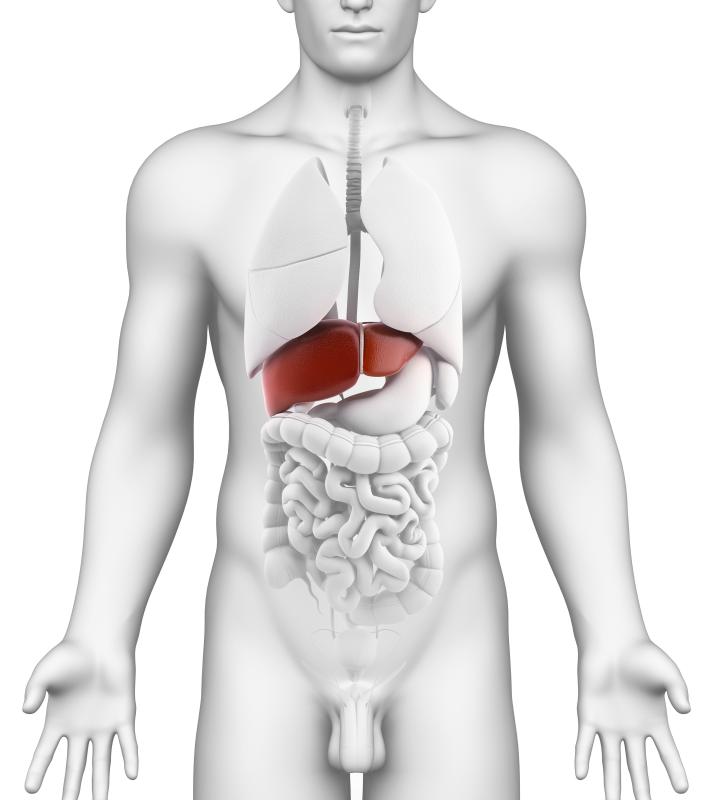At WiseGEEK, we're committed to delivering accurate, trustworthy information. Our expert-authored content is rigorously fact-checked and sourced from credible authorities. Discover how we uphold the highest standards in providing you with reliable knowledge.
What is Cyanocobalamin?
Cyanocobalamin is a water-soluble member of the B family of vitamins which is more commonly referred to as vitamin B12. This vitamin doesn’t occur naturally. Instead, it is synthesized by the conversion of hydroxocobalamin, which is produced from various strains of bacteria through an exchange of cyanide molecules and then purified with exposure to activated charcoal. Since this nutrient is considered the most air-stable member of the vitamin B family, it is also the most commonly used form of vitamin B12 utilized in the food and dietary supplement industries.
It should be noted that while cyanocobalamin is recognized as a form of vitamin B12, it isn’t the only one. In fact, the two terms are not necessarily interchangeable. Vitamin B12 actually represents a class of chemically related vitamins that exhibit similar pharmacological characteristics. Still, since cyanocobalamin is the form most stable and easily absorbed form, it’s likely to be included in the list of ingredients on a bottle of multivitamins where the vitamin B12 content is given.

This substance is sometimes prescribed to treat vitamin B12 deficiencies caused by a variety of conditions. For example, malnutrition, anemia, liver and kidney disorders, and the surgical removal of a portion of the intestines or stomach all contribute to impaired absorption of this nutrient. In addition, since the only dietary source of this vitamin comes from animal products, people who consume a strictly a vegetarian or vegan diet are at an increased risk of developing a vitamin B12 deficiency. This vitamin is required for the metabolism of fats and carbohydrates, the production of blood cells, and normal neurological functioning. Evidence of a deficiency may appear as impaired cognitive performance and even with the development of lesions on the spinal cord in as little as a few months time.

For most people, oral administration of cyanocobalamin is adequate to counter a deficiency. In cases where poor absorption is a factor, intravenous injection may be considered. Unfortunately, there is an inherent problem with this method. Although the vitamin is quickly taken up from the site of injection, it tends to hitch a ride to the liver on certain proteins with equal speed. In fact, serum levels peak within an hour of injection and anywhere from 50 to 98 percent of the vitamin is excreted in the urine within the next 48 hours.

There are a number of side effects associated with augmented supplementation with cyanocobalamin as well. People who are sensitive to cobalt will likely experience an allergic reaction with this form as vitamin B12 and experience symptoms ranging in severity from hives to the swelling of the tongue. Medicinal use of this compound is also contraindicated when there is a history of kidney disease, Leber's disease, or megaloblastic anemia.
AS FEATURED ON:
AS FEATURED ON:

















Discuss this Article
Post your comments